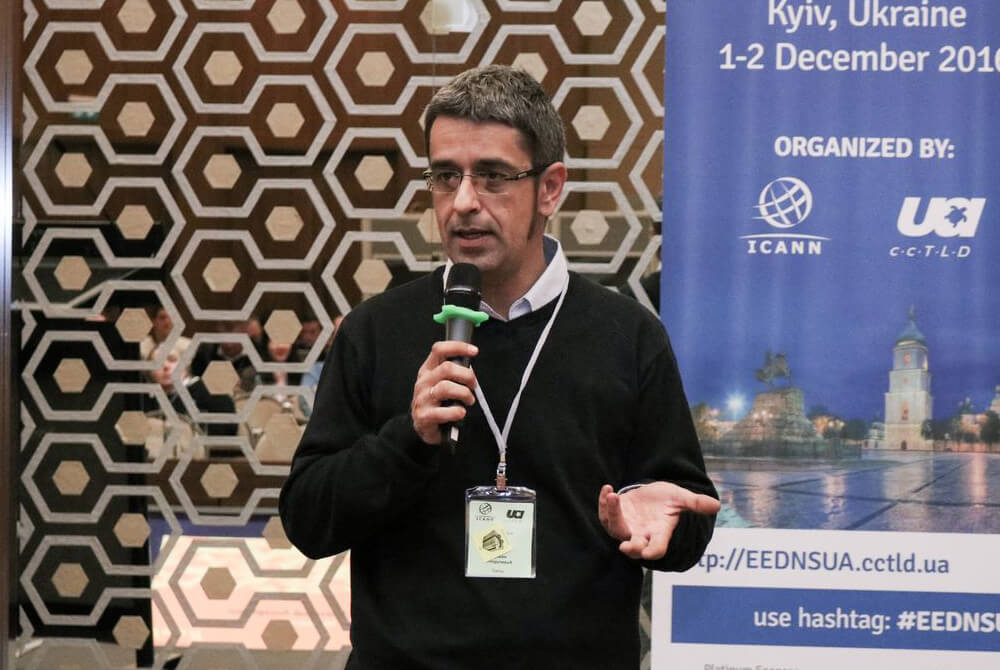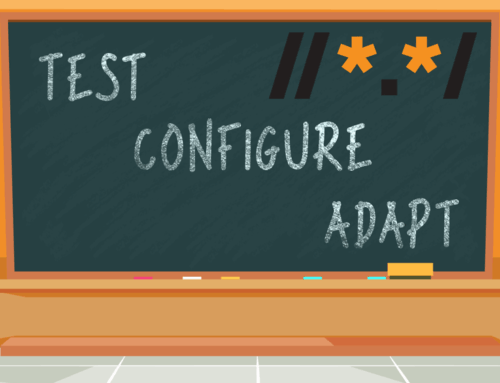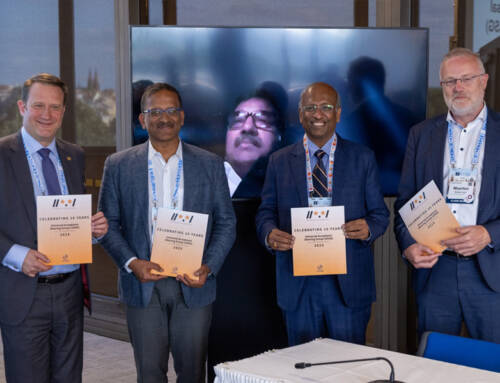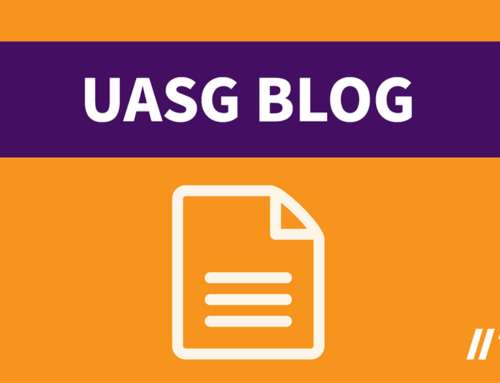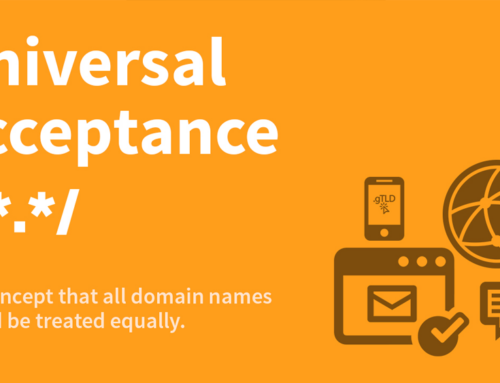Hello, my name is Душан Стојичевић. If you can’t read Serbian, how about Dušan Stojičević. Still having issues with pronouncing my name? Let’s try Dusan Stojicevic. Even when it’s written without any diacritics (accents marks such as š, é or ü), most non-Slavic people will still have problems pronouncing it correctly.
Unless you are fluent, communicating in any language outside your native tongue can be challenging. This is true for people – it’s also true for technology, and here, I am specifically talking about the Internet. The Internet has been dominated by English characters and content since it was developed, but the entire world does not communicate in English nor should they feel like they have to. With the evolution of the Domain Name System (DNS), we are at an inflection point to create a more inclusive Internet. One that is truly global and uses all scripts.
This is one of the many reasons that I became involved in Internationalized Domain Names (IDNs) or domain names that are written using letters beyond just a-z (e.g., .移动 / “mobile” in Chinese or .ОНЛАЙН / “online” in Cyrillic). While IDNs are available to people around the world, they unfortunately cannot be used universally in the online world. To put it simply, they are not seen as “valid” by many online applications. The same goes for the new domain names that are either recently delegated or longer than the traditional two or three characters, such as .COM or .ORG., which allow Internet users, companies, and organizations to more clearly express themselves online (e.g., .PHOTOGRAPHY, .ECO or .LONDON).
As a non-native speaker of English, my work towards Universal Acceptance (UA) is not only a professional mission but a personal one, and my expectations for what we can do are high. The Universal Acceptance Steering Group (UASG), which I became a vice chair for this year, is the only group where people are working together trying to solve a complete set of problems related to the widespread acceptance of IDNs and the new generic top-level domains (gTLDs). From RFCs to end user software – every problem gets our attention. The bar is high and raising awareness is critical – we need to reach everyone including developers, registries, registrars, registrants, and Internet end users. While this is broad in scope, it is possible. That’s why we continue to work in a multistakeholder way, reaching out through our industries, networks, and connecting with people like you! The Universal Acceptance of all domain names goes beyond just making a more inclusive Internet, it’s about preserving local cultures, languages, and scripts to give every Internet user equal footing.
So, now I ask you – what are your dreams and goals pertaining to an inclusive and multilingual Internet? Why do you support UA and how can we engage with you? Reach out to get the conversation started at info@uasg.tech or chat with us on our social media channels (Twitter, LinkedIn, Facebook). You can also check out information about UA – overviews and technical guides – on the UASG website. Other ways to take action include reporting an application or webpage that is not UA-ready through our “Log Issues” button.
Get to know more about Dušan Stojičević!
- Languages spoken and read: English, basic French, native Serbian, all ex-YU languages, and understand most of Slavic Languages (Russian, Polish, Czech…)
- Number of email addresses used: Who counts? J at least 10.
- All-time favorite quote: “Ako kaniš pobjediti, ne smiješ izgubiti.” – From Alan Ford, a comic book series created by Max Bunker (in English: “If you want to win, you cannot lose.”)

